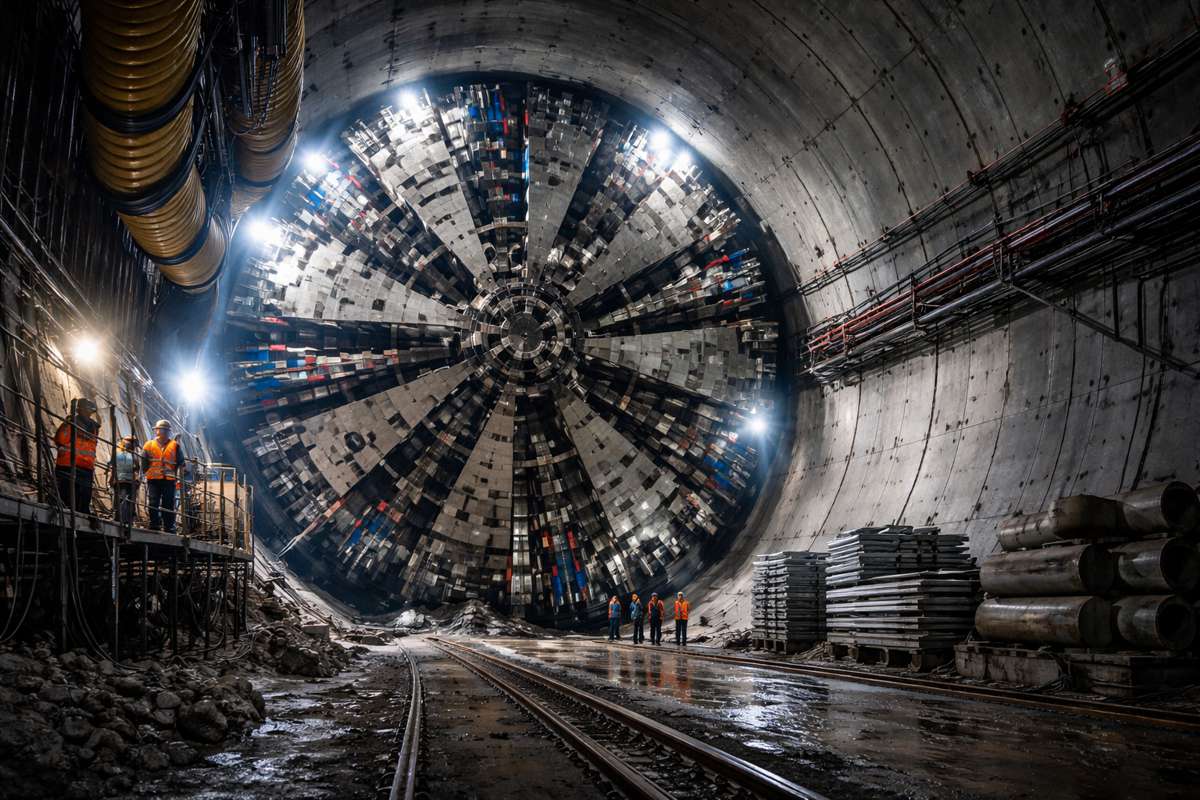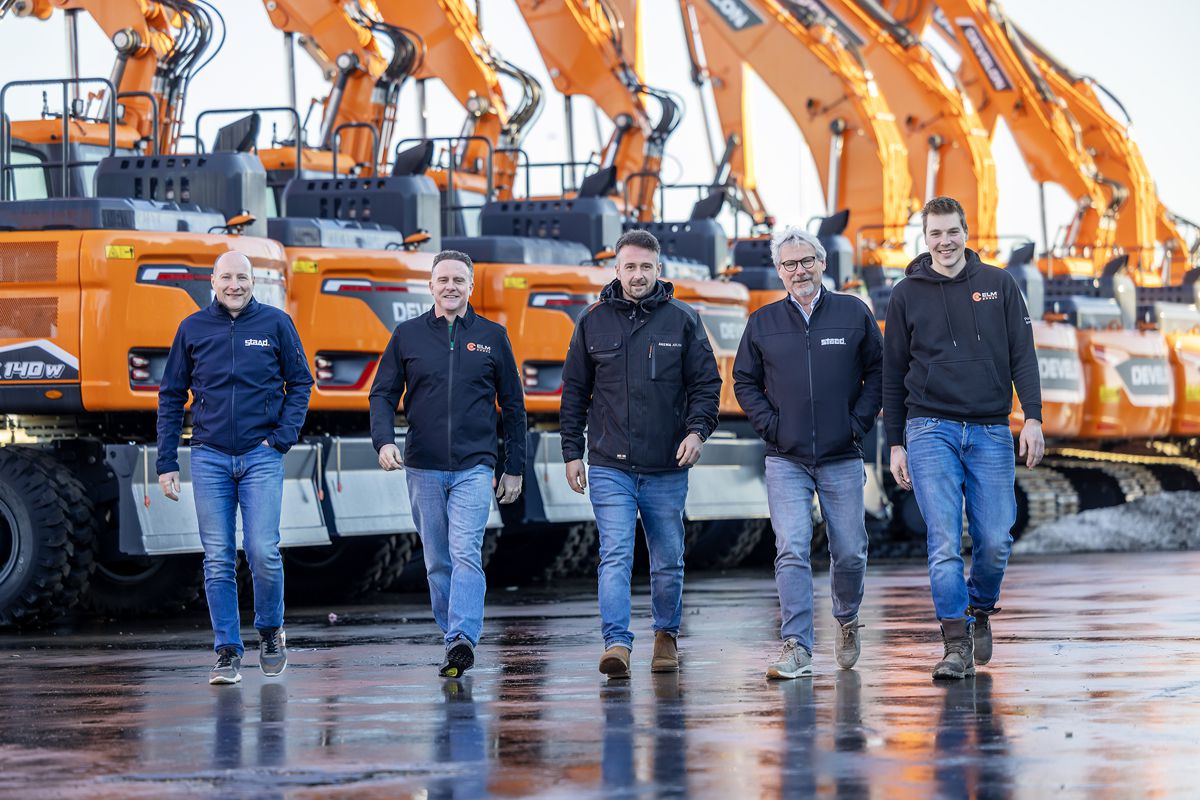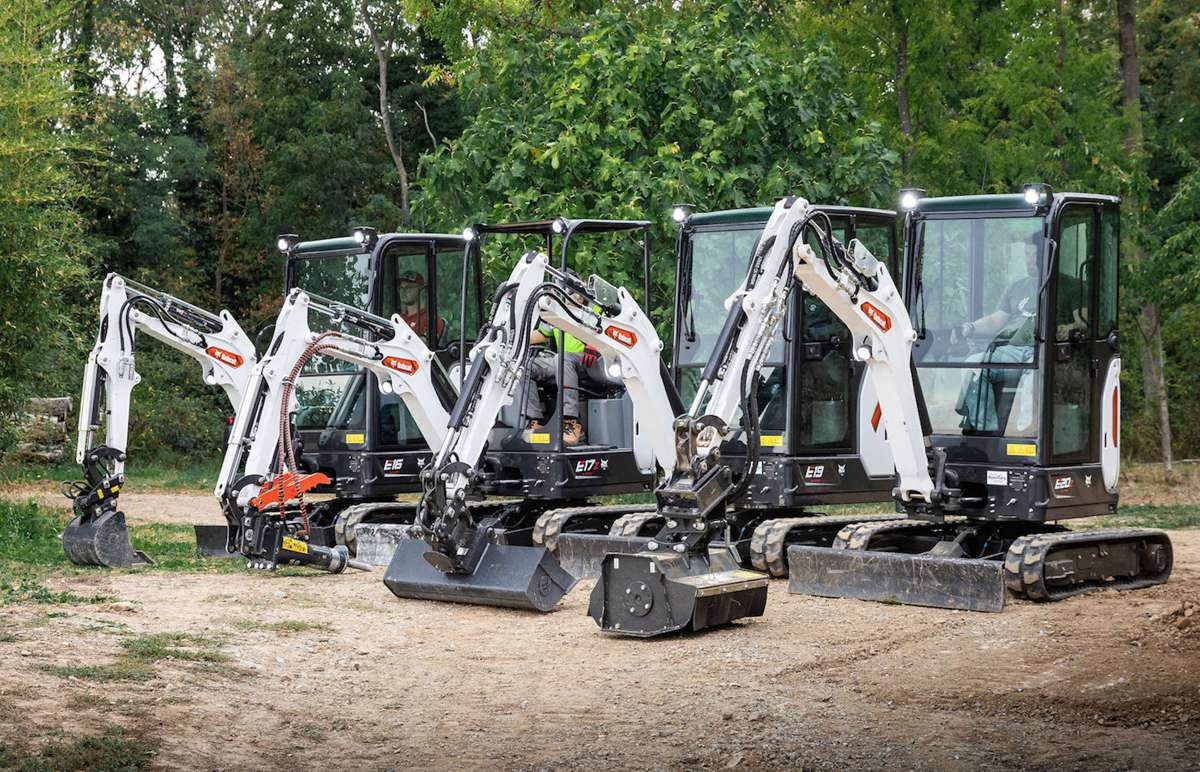BMW chooses NVIDIA Isaac robotics platform to redefine factory logistics
The collaboration centers on implementing an end-to-end system based on NVIDIA technologies — from training and testing through to deployment — with robots developed using one software architecture, running on NVIDIA’s open Isaac robotics platform. BMW Group’s objective is to enhance logistics factory flow to produce custom-configured cars more rapidly and efficiently. Once developed, the system will be deployed to BMW Group factories worldwide.
“BMW Group’s use of NVIDIA’s Isaac robotics platform to reimagine their factory is revolutionary,” said Jensen Huang, founder and CEO of NVIDIA. “BMW Group is leading the way to the era of robotic factories, harnessing breakthroughs in AI and robotics technologies to create the next level of highly customizable, just-in-time, just-in-sequence manufacturing.
“BMW is committed to the Power of Choice for our customers — customization of diverse features across diverse vehicles for diverse customers,” said Jürgen Maidl, senior vice president of Logistics for the BMW Group. “Manufacturing high-quality, highly customized cars, on multiple models, with higher volume, on one factory line requires advanced computing solutions from end-to-end. Our collaboration with NVIDIA allows us to develop the future of factory logistics today and to ultimately delight BMW Group customers worldwide.”
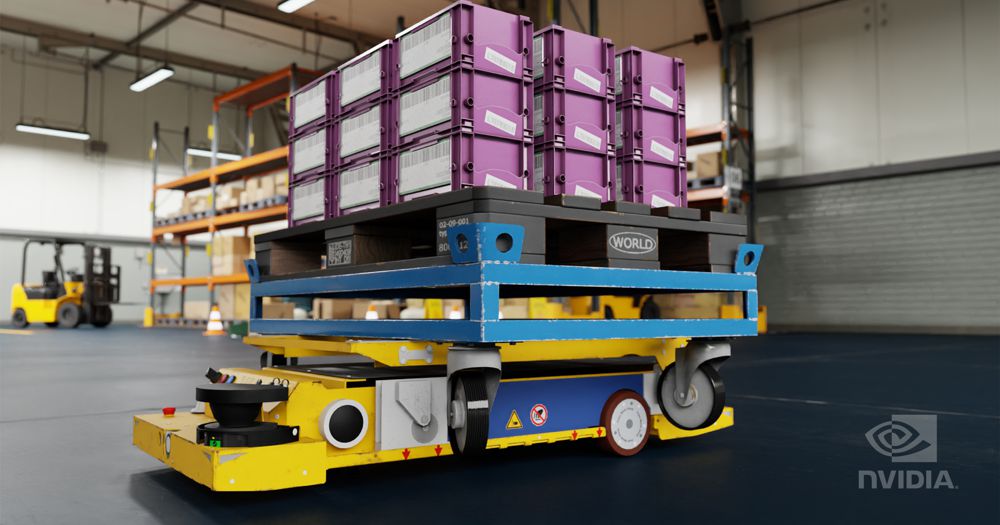
The collaboration uses NVIDIA DGX™ AI systems and Isaac simulation technology to train and test the robots; NVIDIA Quadro® ray-tracing GPUs to render synthetic machine parts to enhance the training; and a new lineup of multiple AI-enabled robots built on the Isaac software development kit, powered by high-performance NVIDIA Jetson™ and EGX™ edge computers.
BMW Group’s supply chain takes millions of parts flowing into a factory from more than 4,500 supplier sites, involving 230,000 unique part numbers, and in growing volumes as BMW Group’s car sales have doubled over the past 10 years to 2.5 million vehicles. Moreover, BMW Group vehicles are offered to customers with an average of 100 different options, resulting in 99 percent of customer orders being uniquely different for each other. This creates an immense challenge for factory logistics.
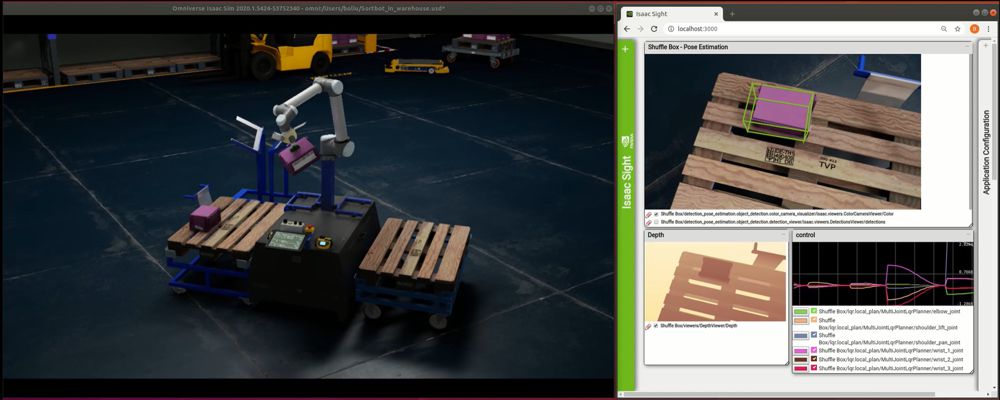
To optimize the enormous complexity of this material flow, autonomous AI-powered logistics robots now assist the current production process in order to assemble highly customized vehicles on the same production line.
“Ultimately, the sheer volume of possible configurations became a challenge to BMW Group production in three fundamental areas – computing, logistics planning, and data analysis,” Maidl said.
BMW Group’s response is to use NVIDIA’s Isaac robotics platform to develop five AI-enabled robots to improve their logistics workflow, powered by a variety of NVIDIA Jetson AGX Xavier™ and EGX edge computers. These include both navigation robots to transport material autonomously, as well as manipulation robots to select and organize parts.
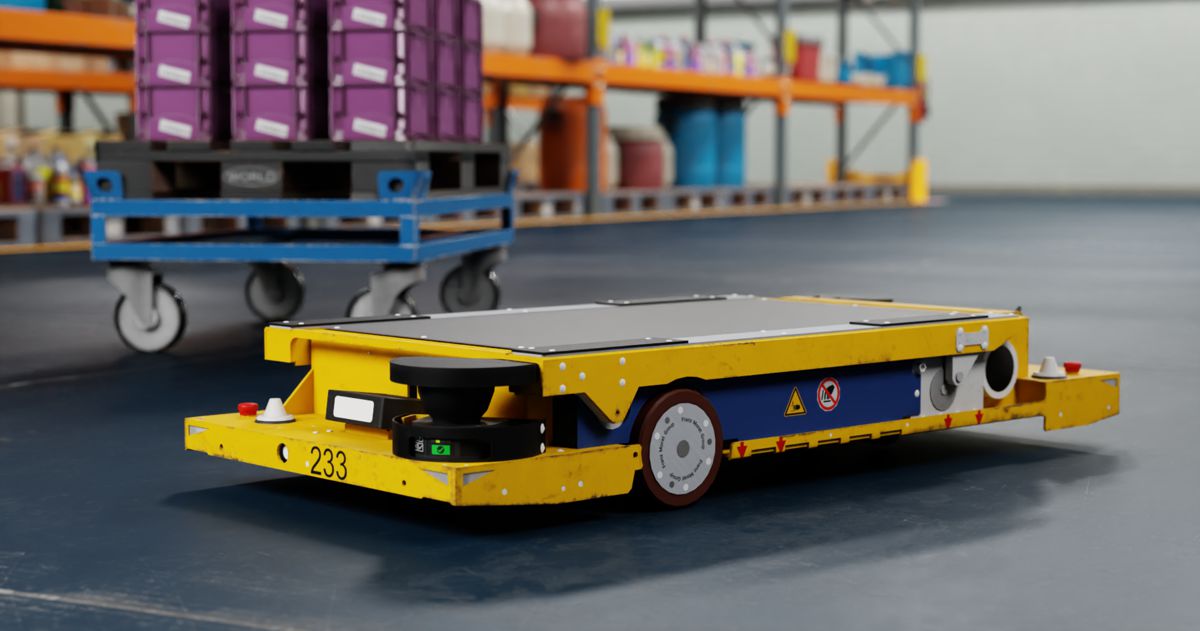
Developed on the NVIDIA Isaac SDK, the robots utilize a number of powerful deep neural networks, addressing perception, segmentation, pose estimation and human pose estimation to perceive their environment, detect objects, navigate autonomously and move objects. These robots are trained both on real and synthetic data using NVIDIA GPUs to render ray-traced machine parts in a variety of lighting and occlusion conditions to augment real data.
The real and synthetic data are then used to train deep neural networks on NVIDIA DGX systems. The robots are then continuously tested in NVIDIA’s Isaac Simulators for both navigation and manipulation, operating on NVIDIA’s Omniverse platform, where multiple BMW Group personnel in different geographies can all work in one simulated environment.





















